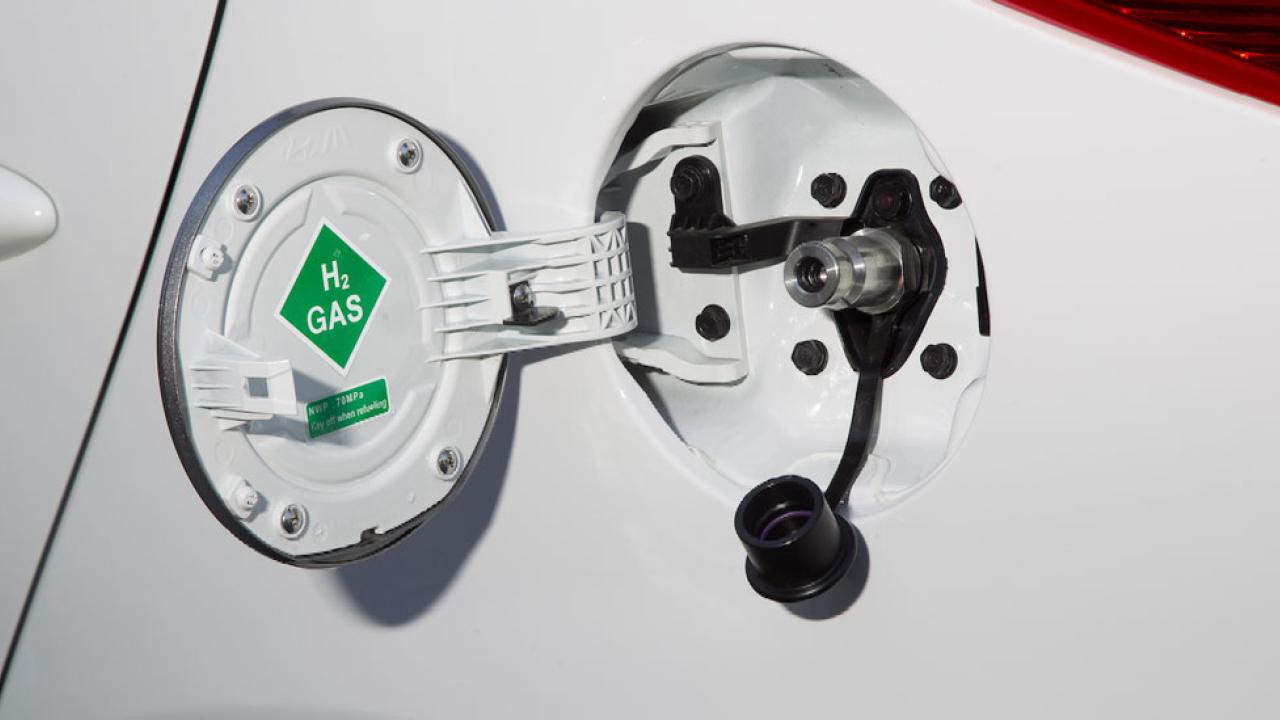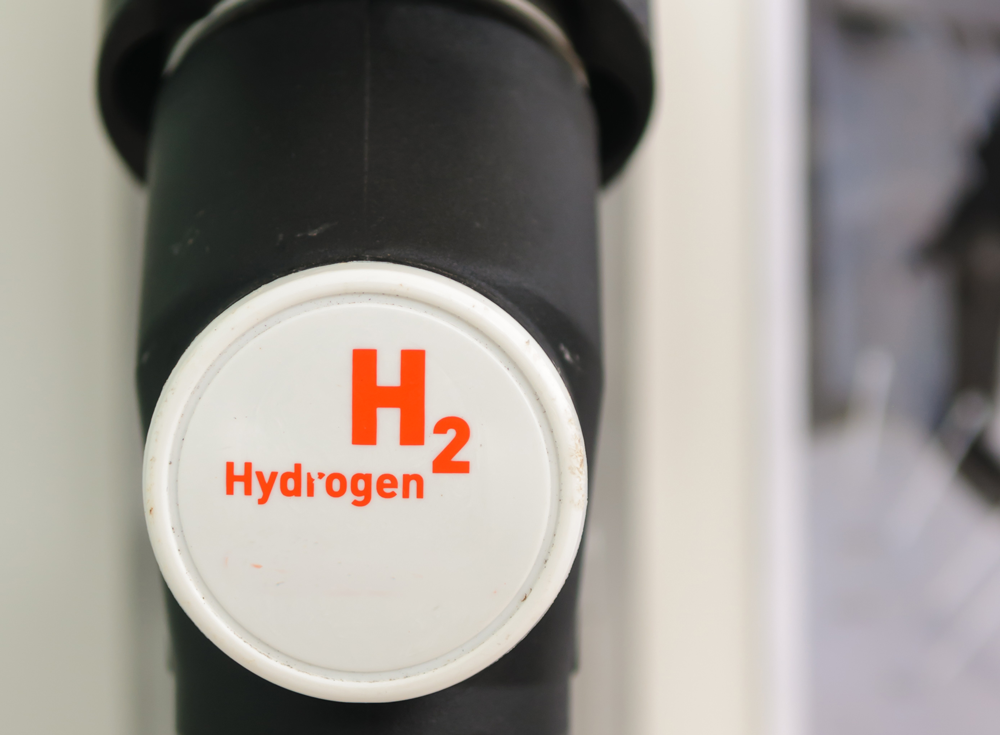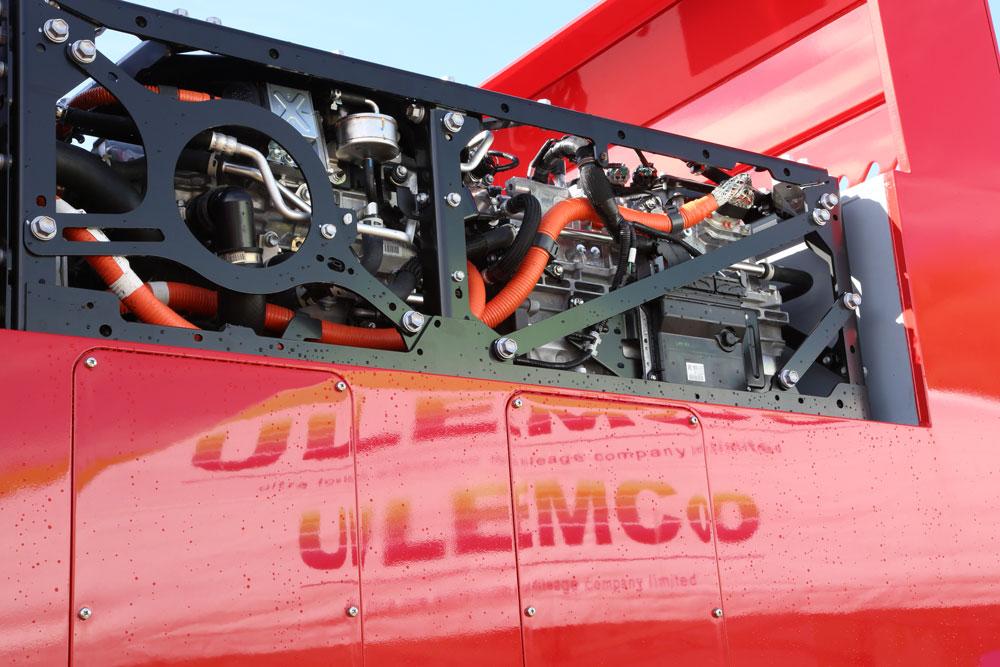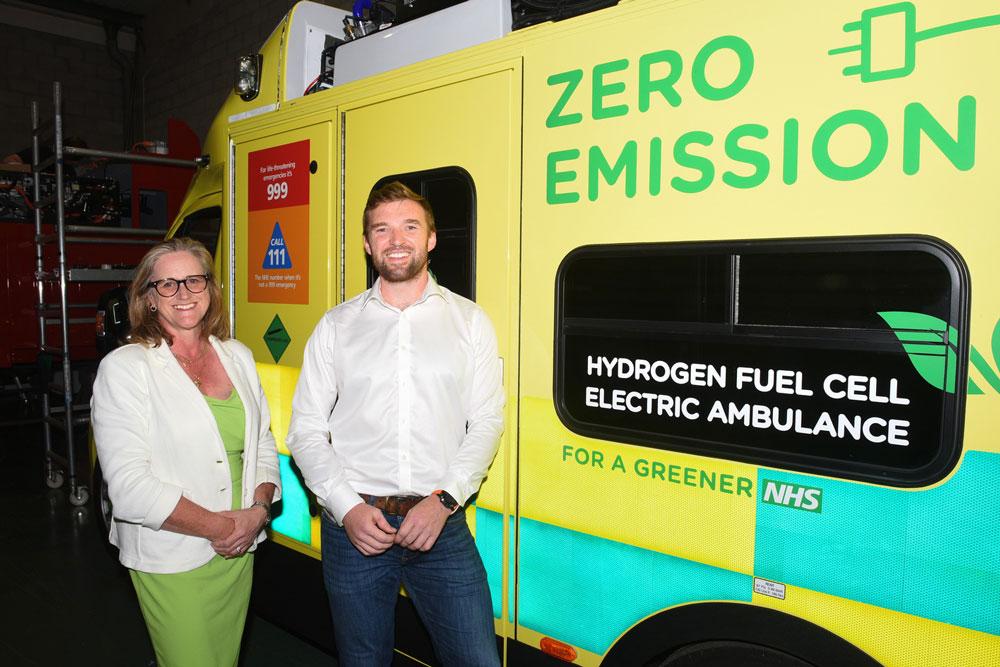Two projects will receive a share of £8 million funding to develop innovative hydrogen transport projects.
One project led by ULEMCo will develop hydrogen-powered airport ground-based support vehicles, such as tow trucks for aeroplanes and sweepers to clean runways. This will be based at Teesside international airport, which will help the airport reach its goal of being net zero by 2030.
The other project is led by Element 2 and aims to create new hydrogen refuelling stations, helping to provide the infrastructure needed to scale up the use of hydrogen as a fuel. This funding will create four new publicly accessible hydrogen refuelling stations, increasing the number of refuelling stations in the UK by 50%. These will be used to fuel a range of vehicles, from airside vehicles to heavy goods vehicles (HGVs), including supermarket delivery trucks.
The announcement also confirms £300,000 delivered directly to colleges in the area to support upskilling the local workforce and foster a specialised skills base and pipeline of talent, further cementing the Tees Valley’s status as the home of hydrogen.
Transport Secretary Mark Harper said: "Hydrogen technology has great potential to decarbonise transport and help grow the economy.
"Today’s winners illustrate the expertise the Tees Valley has as a pioneer in developing hydrogen tech. This investment will provide a further boost to the economy, creating skilled jobs and apprenticeships across the North East."
This funding brings the UK closer to decarbonising some of the heavier and more complex vehicles, such as airside operations, which will be essential in reaching net zero. Already used in buses across the country, hydrogen fuel cells create no harmful exhaust emissions.
The funding also marks the continued growth of the UK’s only hydrogen transport hub, attracting even more innovation, investment and jobs to the Tees Valley. The competition invited ideas on how to overcome some of the challenges of scaling-up hydrogen technology, such as refuelling on a large scale and making the region’s supply chain greener with hydrogen-fuelled vans and HGVs.







